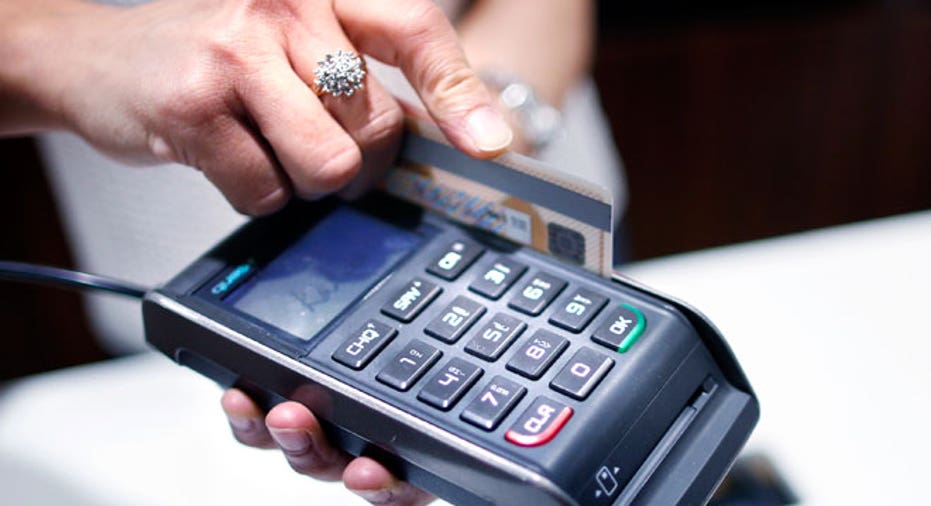6-Step Credit-Building Plan for a Struggling Single Mom

Dear Opening Credits,
I am a college student and also a single parent. I have a baby and a new baby on the way, plus I work part time since my child support is only $390 per month. Don't ask me how I do it. I do it but badly. I feel like I'm always going under the waves. I need my credit to be perfect when I graduate so I can get a good job and apartment. Can you recommend a good credit card that I can use now that will help me create a good credit score?
- Dani
Dear Dani,
Obtaining a credit card, then using it to develop a positive credit report and score is probably a wise idea. Future employers and landlords might very well pull your reports and check them to see how you've done financially. Lenders certainly will check your scores, too, so if you're at all interested in buying a car or a home, proving your credibility now will help you later.
That said, you have so much going on that I fear for your ability to manage a credit card well. Advantageous charging can take more work and dedication than many people realize. It can be done, though, so this is what I want you to do:
- Access your credit reports. You can get them from AnnualCreditReport.com for free, so pull them to make sure that all the information on them is correct and current. If you see anything wrong or negative items that should have aged off, dispute them.
- Spring for your credit score. You can get your FICO scores from MyFICO.com for about $20 each. Higher scores are preferable: 720-850 is considered excellent, 680-720 is good, 640-680 is fair, and 350-640 is poor.
- Apply for the right card in your scoring range. You don't have to have excellent or even good credit to qualify for a credit card. Look for a card with a reasonable interest rate and a low or no annual fee, and go over the terms and conditions page carefully. You may want to check CreditCards.com's CardMatch tool. It will narrow your search to those cards for which you are likely to be approved. Apply for a card and await a response. If you're approved, great. Stop there. If you're denied, there's a problem that needs correcting. Maybe you have an old medical debt to pay off before continuing the application process. Or you're reaching too high and need a more appropriate starter card. Identify the problem and then fix it before continuing.
- Develop a budget. This is where you need to get organized! You have money coming in, so chose where you want it to go. List all of your expenses in a current column, then adjust them in a proposed column. Your aim is to make sure you have enough cash to go around for all necessary bills, plus at least a little extra for savings and emergencies.
- Choose an expense to charge. When you have your card, you may be tempted to charge what you've been denying yourself. This is how debt can accumulate, which you do not want. Instead, select one necessary line item from your budget to charge on your credit card on a regular basis. For example, it could be groceries. Each time you go to the supermarket, swipe your card. Pay the bill in full before the due date. By doing so, you'll be establishing a perfect borrowing and repayment pattern that will be reflected on your credit reports. That information will be used to build your FICO score, and as time passes, those numbers will rise.
- Pay attention to your account! With credit comes responsibility, and yours is to make sure that balances are right and payments go out when they should. Use online banking to make it easier and check your statements at least every week. Make time for it.
- Ultimately, organization is paramount. If life becomes chaotic, you'll dip under those waves, and you and your children must stay afloat. If you need help constructing a budget, contact a credit counseling agency and request an appointment with someone who will assist you in that area. I wish you the best of luck! See related: How your credit score is calculated: New credit



















